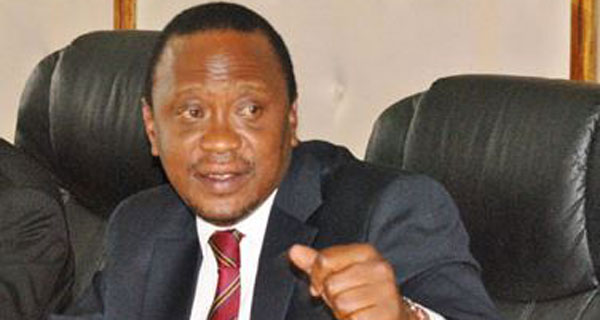×
The Standard e-Paper
Home To Bold Columnists
 |
| President Uhuru Kenyatta. |
By Alphonce Shiundu
Kenya: President Uhuru Kenyatta has rejected the media industry’s pleas to have punitive fi nes against journalists and media houses dropped from a contentious Bill.